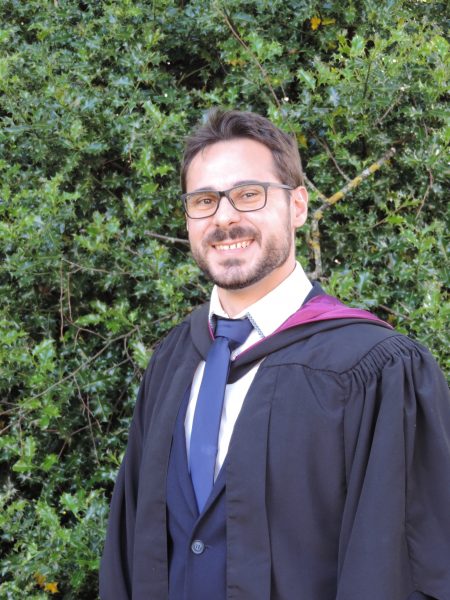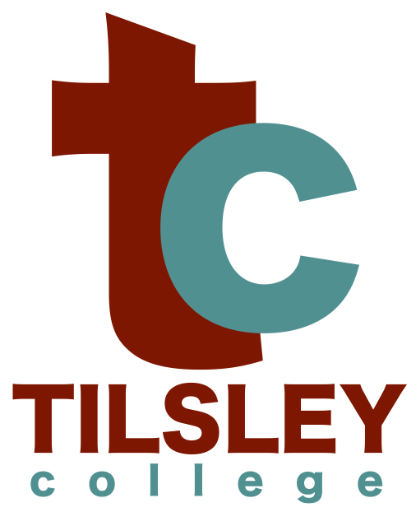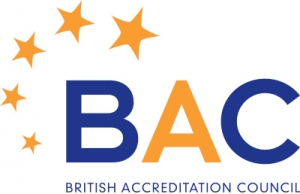Baccalaureate in
Biblical Studies and Christian Ministry
Baccalaureate
The odd name, baccalaureate, comes from the early years of higher education when the bachelor’s degree was called “the baccalaureate.” It is believed that, during the 15th century, Oxford University established a tradition of sending their graduates off through a (very) long service that included sermons offered in Latin. That service came to be called “Baccalaureate.” The word began as baccalaureus, (bachelor), and was altered to bacca lauri, (laurel berry) to mirror the bay tree leaves that were woven into crowns to be placed on the heads of scholars.
Tilsley’s third year – the Baccalaureate – is available for students who have completed the Diploma Programme (or equivalent).
The Tilsley Baccalaureate is taught at RQF level 6/SCQF level 9, or at level 5B in the ISCED framework and is what elsewhere would be described as a Vocational Bachelors and designated a Bachelor of Theology. The standards for this award are accredited at Tilsley by the European Council for Theological Education.
More information on this can be found on the ECTE website: http://ecte.eu/qa/accreditation/
This third year builds on the foundations of the Certificate and Diploma years. Like the Diploma year it is a mixture of college-based learning and church, or mission placement. The Baccalaureate provides an education which completes the bachelor cycle.
The various ministry placements in all three years are organised with the student to give a meaningful ministry experience with, at its core, a mentoring relationship with current Christian practitioners.
Former Baccalaureate graduates are currently pursuing their postgraduate studies at the London School of Theology.

Apply now for September 2025
+ Programme
Placement
The setting up of this placement is the responsibility of the College, following discussion with the student. The College, through the Practical Ministry Tutor, will make every effort to ensure that the placement will provide a good learning environment.
The placement can be in a local church (UK or elsewhere), with a mission worker or agency, or with another Christian organisation. The final decision as to the suitability of the placement lies with the College.
The Baccalaureate programme includes 20 weeks of placement in two blocks of 10 weeks. Each placement week is considered to be 40 hours: 22 hours of placement work and 18 hours of course-related study.
Build a mission field experience
14 Weeks of academic study
in the classroom
(2 seven-week blocks)
+
20 weeks of placement
(in 2 ten-week blocks)
+
1 week of Team Evangelism
Programme Structure
General Bible
- Apocalyptic Literature and the Radical Reformation
Old Testament
- Time of the Judges
New Testament
- Pastoral Letters
Systematics
- Images of the Atonement
Church History and Practice
- Christ in a Global Context
Spiritual Development
- Mentoring
- Graduation Week
- Spiritual Reflection
- Church Attendance
- Book Reviews
Christian Mission
- Trends in Global Christianity
Defending the Faith
- Responses to Islam
Christian Ministry
- Homiletics C
- Team Evangelism
- College Devotions
Ministry Placement
- Ministry Placement
- Dissertation
- Integrated Learning Week
+ Schedule
Daily routine at Tilsley College
07.30-08.30 | Breakfast
08.55-09.15 | Devotions (led by staff or students)
09.20-11-05 | Lecture 1
11.05-11.20 | Coffee Break
11.25-13.10 | Lecture 2
13.15-14.15 | Lunch (with staff)
14.15-17.45 | Free time* for personal study, duties, sport etc.
17.45-18.45 | Evening meal
19.00-21.00 | Practical placement or church activities
*
Saturdays are generally free however, there may be an occasional seminar or relevant activity to attend.
On Sundays students are expected to attend the local churches you’ve been allocated to.

Tilsley College commits to providing:
• Teaching, accommodation and food during the residential weeks
• Access to resources available at the College, such as the library. This includes online access to the necessary learning resources
• Pastoral and academic oversight, which involves: regular (at least monthly) telephone and email contact with the student
• Two trips during the year to visit the student in placement
• Regular feedback on progress
• Placement liaison: regular contact with the student’s supervisor and regular feedback on progress of the student to their supervisor
+ FAQ
Tilsley College is a non-denominational college.
The college has a limited amount of bursary funding which current students can apply for to cover part of their fees. Awards are at the Principal’s discretion.
Prospective applicants are very welcome to visit the college. You will be able to sit in on lectures, share the coffee break and lunch with staff and students, see round the college building and talk one-to-one with a member of staff should you wish. Please contact us to arrange your visit.
The academic year runs approximately from the middle of September until the middle of June, with two weeks off at Christmas and two at Easter. Please contact us for the exact dates.
We have limited spaces, so please apply as early as possible.
Yes, unless there are special circumstances.




